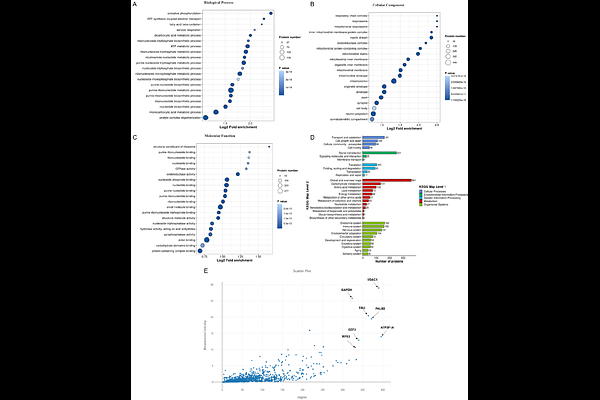Lactate metabolism antagonizes antiviral innate immunity bypromoting VDAC1-lactylation-mediated mtDNA release

Lactate metabolism antagonizes antiviral innate immunity bypromoting VDAC1-lactylation-mediated mtDNA release
Wu, Y.; Li, L.; Liu, Y.; Wang, S.; Meng, F.; Li, T.; Xiao, H.; Wan, F.; Liu, Y.; Zhou, H.; Liu, C.; Zhang, Y.; Cao, J.
AbstractFoot-and-mouth disease (FMD) is an acute, highly contagious disease caused by the foot-and-mouth disease virus (FMDV). Due to its zoonotic nature, this disease not only significantly impacts livestock productivity but also poses a serious threat to human health. FMDV exhibits distinct host specificity, mainly infecting cloven-hoofed animals such as cattle, sheep, pigs, and deer, while perissodactyl animals like horses and donkeys show natural resistance. Elucidating the interspecies differences in response to FMDV infection is essential for understanding the pathogenesis of the virus. In this study, we report that FMDV infection in horse epithelial cells induces the production of lactate, which modulates the function of VDAC1 protein through lactylation, facilitating the release of mtDNA from mitochondria into the cytoplasm. This process activates the cGAS-STING signaling pathway, which stimulates interferon-{beta} expression and suppresses FMDV replication. Our findings provide new insights into the mechanism behind horse resistance to FMDV and lay a theoretical foundation for further research concerning the differential pathogenesis of FMDV infection across species.